
2024 General Election
— The first 2024 election debate felt anticlimactic, with Rishi Sunak indirectly addressing the absent Nigel Farage. Sunak’s aggressive tactics against Labour’s Keir Starmer suggested future ambitions over current priorities.

2024 General Election
— The first 2024 election debate felt anticlimactic, with Rishi Sunak indirectly addressing the absent Nigel Farage. Sunak’s aggressive tactics against Labour’s Keir Starmer suggested future ambitions over current priorities.

2024 General Election
— Rishi Sunak proposes reintroducing national service for 18-year-olds if the Conservatives win the general election. Critics argue it burdens youth already impacted by pandemic disruptions and severe cuts to youth services, worsening social and economic inequalities.

2024 General Election
— Rishi Sunak struggles to control the narrative against Labour’s Keir Starmer. Criticised for lacking an engaging personal story, Sunak’s failure to seize narrative control risks undermining his leadership.

2024 General Election
— With Labour leading in polls for over a year, Rishi Sunak faces a tough campaign to turn the tide. The PM’s campaign started poorly, suggesting the Conservatives might perform even worse than predicted in the General Election.

Immigration
— Making election promises about migration numbers is much easier than keeping them.
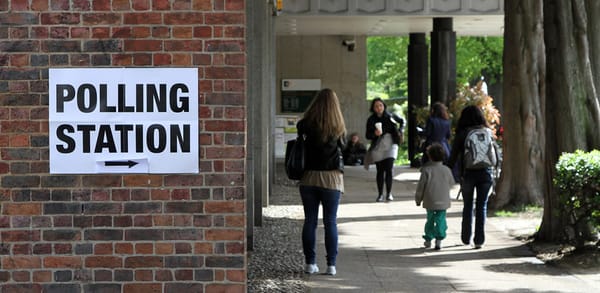
2024 General Election
— The general election on 4 July faces challenges, with 8 million potentially unregistered voters. Because of the Tory Government, voter ID is now required for the first time in a general election, and young people, especially students, are at risk of being excluded.

UK Rail
— Public ownership, as advocated by Churchill, led to British Rail’s success. Privatisation under Thatcher and Major, however, resulted in inefficiencies and higher subsidies. Renationalisation, now Labour policy, is seen as a remedy for the current fragmented and costly system.

2024 General Election
— Rishi Sunak has announced a general election for 4 July, surprising many, including his own MPs. He argues only the Conservatives can lead through current challenges, despite criticism over their role in creating them. Polls suggest a Labour lead, potentially ending the Conservatives’ long tenure.
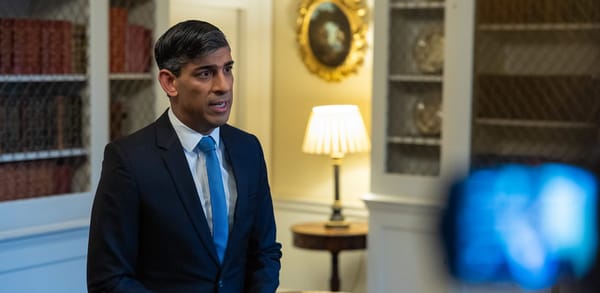
2024 General Election
— Rishi Sunak’s election prospects look grim after a poorly executed speech in the rain outside Downing Street. Labour leads in polls, but internal issues and voter apathy threaten their potential victory.
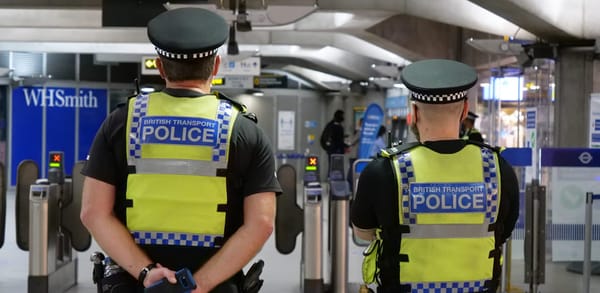
UK Crime
— Despite public perceptions of rising crime in England and Wales, actual data from the Crime Survey reveals a 30-year decline in violence, burglary, and car crime. Security improvements and technology have played a key role in this reduction.

Student Protests
— Universities have a difficult balance to strike between protecting student speech rights and ensuring campus safety.
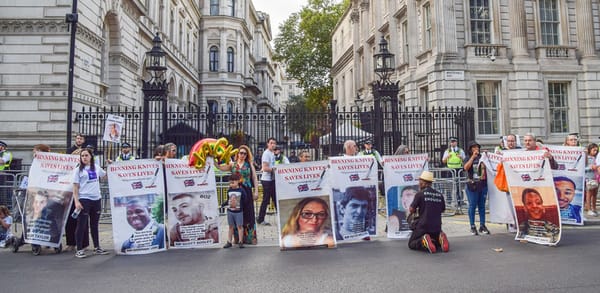
Austerity
— In 2023, London saw a sharp increase in knife and gun crime, primarily attributed to significant police funding cuts and austerity measures by the Conservative government, which undermined efforts to tackle the escalating violence effectively.

Voter ID
— Ironically, former Prime Minister Boris Johnson, who implemented the voter ID laws, was turned away from voting in the local elections due to not having proper identification, spotlighting significant flaws in the policy as a general election looms.

UK Politics
— Debates ponder if the upcoming general election will mirror the close 1992 or landslide 1997 outcomes. Amid significant shifts, including in Blackpool South, Labour sees unprecedented by-election success, while the Conservatives face potential annihilation, struggling even against the Reform party.
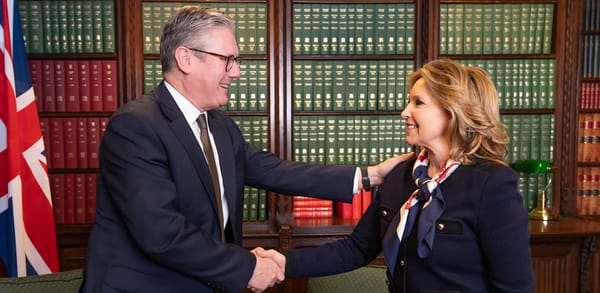
OPINION
— Marking a continuation of notable Tory defections to Labour, Natalie Elphicke, a staunch right-wing Conservative MP, has defected to Labour this week, highlighting shifts in party ideologies and stirring questions about Labour’s embrace of centre-right values under Keir Starmer’s leadership.
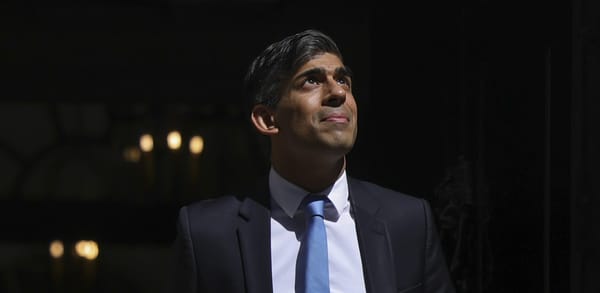
UK Politics
— Rishi Sunak faces a potential Tory leadership challenge as 52 MPs could trigger a confidence vote. Leadership rules emphasize parliamentary support, yet member ballots could shift influence, reflecting broader legitimacy and control mechanisms within the Conservative Party.
|
|